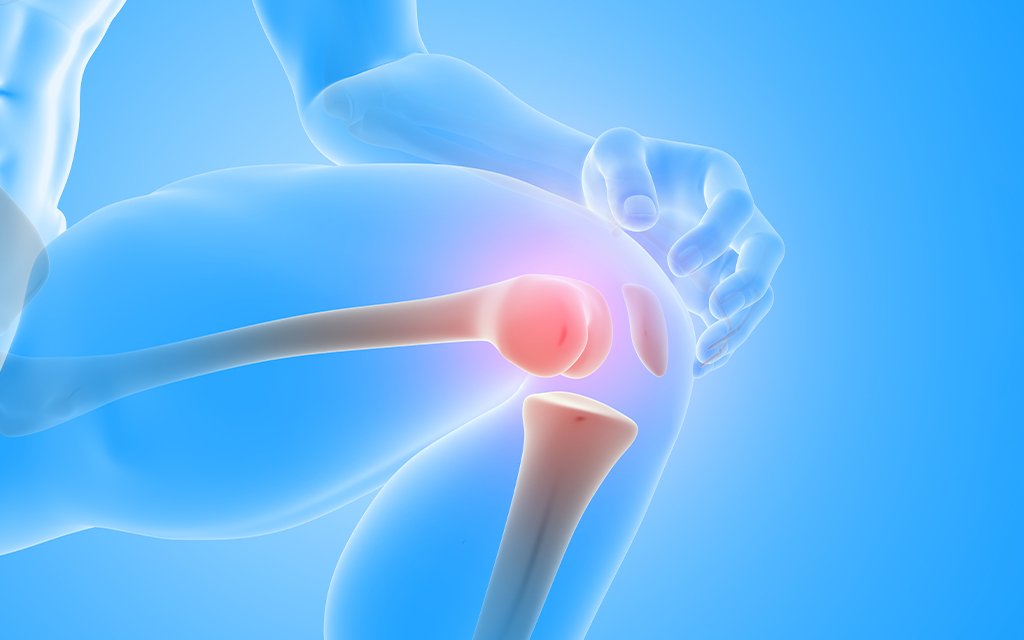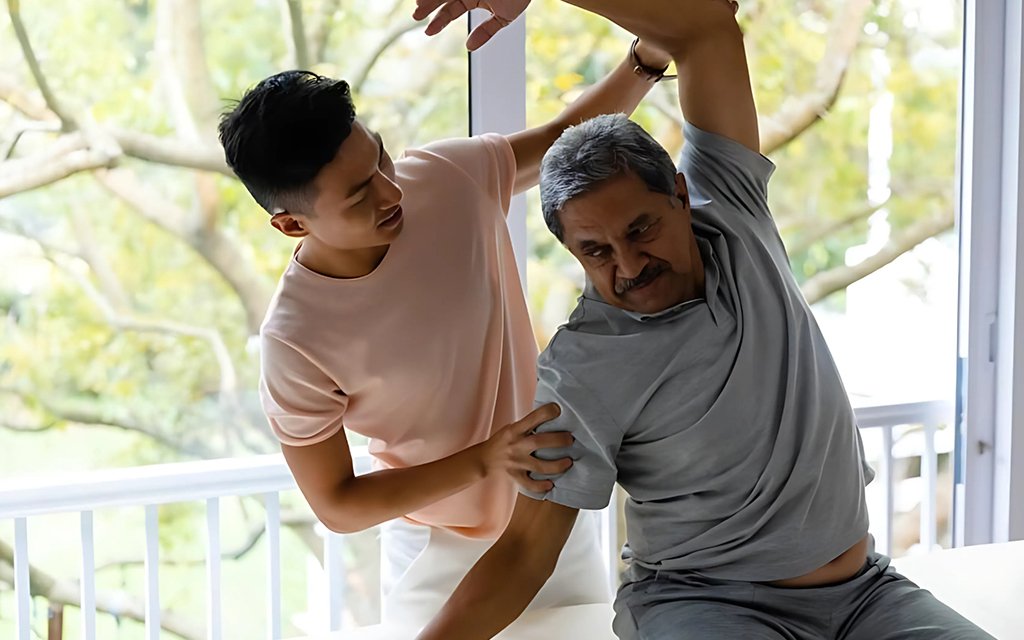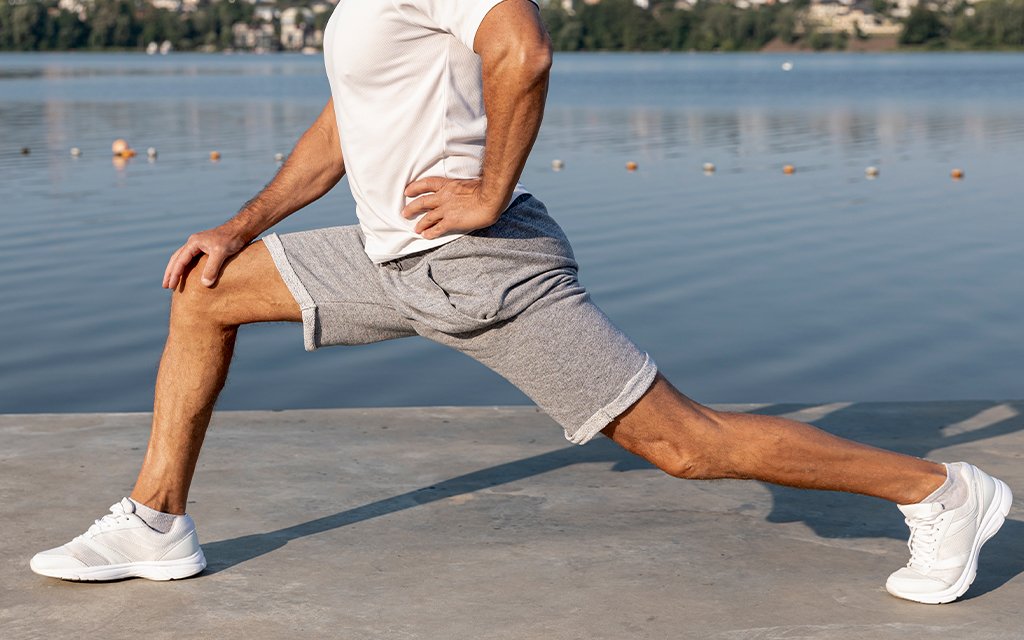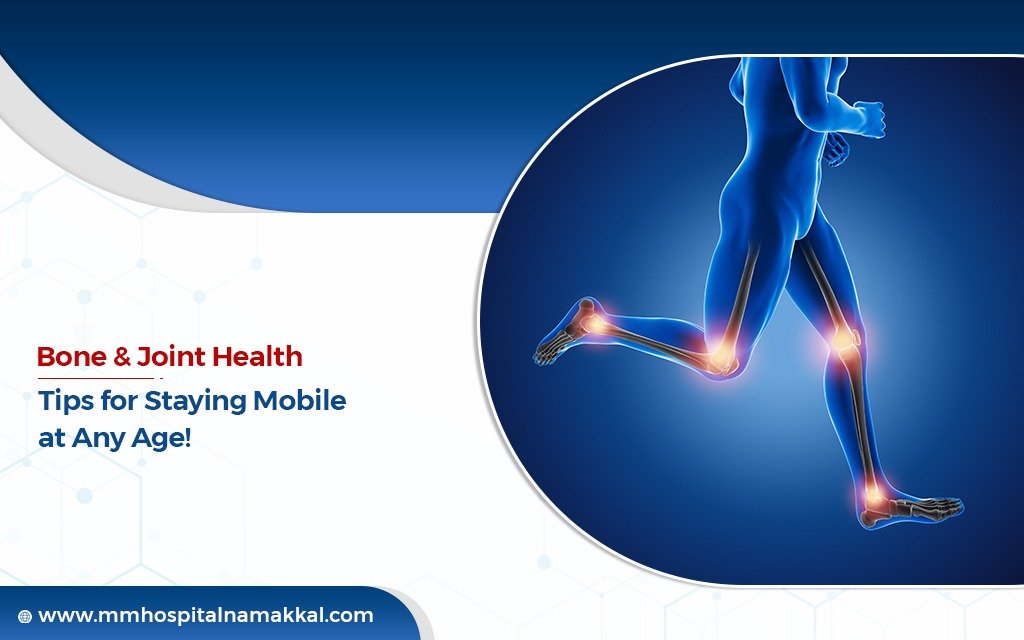Maintaining strong bones and flexible joints is essential for staying mobile and independent throughout life. Whether you’re in your 30s, 60s, or beyond, your bones and joints require consistent care to prevent stiffness, pain, and long-term health issues. At MM Hospital, Namakkal—widely trusted as the Best Orthopedic Hospital in Tamilnadu—we focus on helping people lead pain-free, active lives by strengthening their bone and joint health at every stage of life.
In this blog, our Orthopedic experts share practical, age-specific tips for maintaining healthy bones and joints. Whether you’re trying to prevent arthritis, delay age-related degeneration, or recover from an injury, these strategies can help you stay mobile and pain-free.
Why Bone and Joint Health Matters

Your skeletal system supports your body’s structure, while your joints provide mobility and function. As you age, bones may lose density and joints may wear down, especially with conditions like osteoarthritis, osteoporosis, or injuries. Poor joint health can significantly reduce your independence, limiting even simple movements like walking, climbing stairs, or reaching overhead.
That’s why early prevention, regular monitoring, and appropriate medical care—like Total Knee Replacement Surgery in Tamilnadu—can make a dramatic difference in your mobility and overall wellbeing.
Tips for Staying Mobile at Any Age
Let’s break it down by life stages:
1. In Your 30s and 40s: Build a Strong Foundation
This is the time to lay the groundwork for lifelong bone and joint health.
Prioritize Calcium and Vitamin D
Your bones peak in strength in your early 30s. Ensure your diet includes calcium-rich foods like dairy, leafy greens, and fortified products. Vitamin D—obtained from sunlight and supplements—helps calcium absorption.
Stay Active
Weight-bearing exercises like walking, jogging, or dancing help build bone mass. Strength training improves muscle support around joints, reducing wear and tear.
Avoid High-Impact Injuries
Take precautions during sports to avoid fractures and ligament damage. Repeated joint injuries in this phase can lead to arthritis later.
2. In Your 50s and 60s: Preserve Strength and Flexibility

This is the phase where joint wear and age-related changes begin to show.
Manage Body Weight
Excess weight puts pressure on your knees and hips, accelerating cartilage breakdown. Shedding just 5-10% of body weight can reduce joint pain significantly.
Low-Impact Exercise
Switch to swimming, cycling, or yoga. These activities keep you flexible without stressing the joints.
Watch for Warning Signs
Persistent joint pain, swelling, or stiffness shouldn’t be ignored. Early diagnosis and intervention can delay or avoid the need for surgery.
3. In Your 70s and Beyond: Maintain Function and Prevent Falls
With age, the focus should shift toward protecting bones and improving balance.
Fall-Proof Your Environment
Install grab bars, use non-slip mats, and ensure your home is well-lit. Falls are the leading cause of hip fractures in older adults.
Use Mobility Aids If Needed
Walking sticks, knee braces, or shoe inserts can provide stability and reduce joint strain.
Seek Specialist Support Early
If walking becomes painful or difficult, consult an Orthopedic expert. At MM Hospital, Namakkal, we offer advanced diagnostics and treatments, including Total Knee Replacement Surgery in Tamilnadu with high patient satisfaction.
Red Flags to Watch Out For
Consult your Orthopedic doctor if you notice:
- Joint pain that worsens with activity
- Swelling, stiffness, or warmth in joints
- Reduced range of motion
- Cracking or grinding sensations in joints
- Difficulty walking, climbing stairs, or standing up from a chair
These may be signs of osteoarthritis or other joint conditions. Early intervention can delay or eliminate the need for surgery.
When Should You Consider Total Knee Replacement Surgery?
Sometimes, conservative treatments like physiotherapy, medication, or injections may not offer relief—especially in advanced knee arthritis. If your pain interferes with daily activities or sleep, it might be time to consider Total Knee Replacement Surgery in Tamilnadu.
At MM Hospital, we provide:
- Minimally invasive knee replacement techniques for faster recovery
- Personalized implants based on patient anatomy
- Comprehensive rehabilitation programs for long-term success
Our surgical success rates and patient testimonials make us a preferred choice for those searching for the Best Orthopedic Hospital in Tamilnadu.
Daily Habits for Joint-Friendly Living

Regardless of age, these small habits can protect your joints:
- Practice good posture – Poor posture increases spinal and knee stress.
- Take breaks from sitting – Prolonged sitting stiffens joints.
- Use ergonomic tools – Especially important for office workers and seniors.
- Hydrate well – Cartilage is made up of water. Stay hydrated to keep it cushioned.
- Stretch daily – Improves flexibility and reduces injury risk.
Our Commitment to Bone & Joint Health at MM Hospital
At MM Hospital, Namakkal, we don’t just treat problems—we work with you to prevent them. As the Best Orthopedic Hospital in Tamilnadu, our services include:
- Digital X-rays & advanced imaging
- Arthroscopy & minimally invasive surgeries
- Joint replacements including Total Knee Replacement Surgery in Tamilnadu
- Sports injury care
- Geriatric orthopedics
- Physiotherapy & rehabilitation
We believe every person deserves to live an active, pain-free life at every age.
Final Thoughts
Bone and joint health is not just a concern for the elderly—it’s a lifelong responsibility. Whether you’re preventing issues or managing an existing condition, staying mobile begins with awareness, early action, and trusted medical support.
If you or a loved one are experiencing persistent joint pain, don’t delay. MM Hospital, Namakkal is here to guide you with the best orthopedic care in Tamil Nadu.


